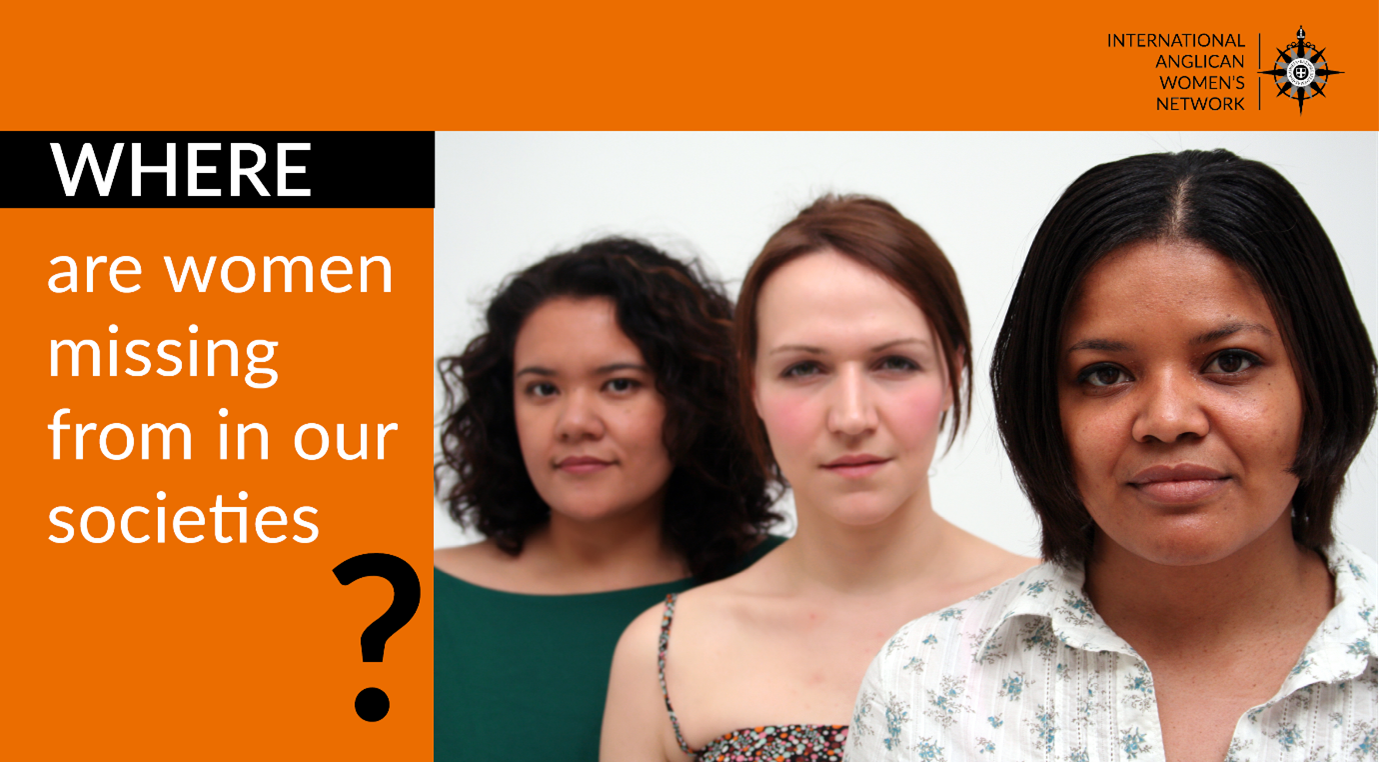 Mandy Marshall, Director of Gender Justice at the Anglican Communion Office, writes for the start of the 16 Days of Acitivism against Gender-Based violence
Mandy Marshall, Director of Gender Justice at the Anglican Communion Office, writes for the start of the 16 Days of Acitivism against Gender-Based violence
‘On average, more than five women or girls were killed every hour in 2021 by someone in their own family,’ UN ODC and UN Women said in a report published on 22nd November 2022. The reports went on to state that ‘Of the 81,000 women and girls intentionally killed last year, 45,000 – around 56 per cent – died at the hands of intimate partners or other family members.’ [1]
These statistics should be shocking. So many women and girls murdered simply for being female. It’s hard to think of such a barbaric reality happening every hour, of every day. Every femicide tells a story of a woman or girl who has been failed in some way. Failed to be believed, failed to be protected, failed to be supported. What this latest report shows sadly, is that violence against women and girls remains one of the most pervasive human rights violations globally.
Hearing new statistics each year with the situation seemingly not getting better, it is hard to remember that violence against women is preventable. It is a choice made by one person on another.
And this is not a problem in one or two continents, the issue of female femicide happens in every continent, rich and poor, alike. Being a Christian is no protector against femicide. Women have been killed, and sometimes their children too, by their Christian husband.
The report has been released ahead of the 16 Days of Activism. The 16 days run from The International Day For The Elimination Of Violence Against Women (25 November) to Human Rights Day (10 December). The aim is to raise awareness of the prevalence, persistence, and impact of GBV and work to prevent and stop it. This year there is a focus on the missing women, those who have been killed simply because they are female.
At the heart of abuse and violence is power and control, with a sense of entitlement and ownership of another person, often a woman. Taking a heteronormative view, it’s a man believing that a woman is there to serve his needs and that her needs do not count, only his. That leads to control over a woman and reduces choices and freedoms. If a woman breaks the rules or refuses to ‘serve’ her man then abuse and violence can result, and in some cases, death.
So, what can we do about female femicide in addition to praying?
This year the International Anglican Women’s Network (IAWN) are running a campaign highlighting the missing women in our everyday lives. Each day there will be a post on social media highlighting the gap and how we all miss out when someone is not there. Look out for the posts on Facebook (9) International Anglican Women's Network | Facebook and Twitter @anglicansendgbv
The Anglican Communion Office is part of the Christian Network to End Domestic Abuse (CNEDA) and at the office we are hosting a red chair to represent one of the women who have been killed this year simply for being female. It will remain in the reception area as a reminder to all staff to pray for an end to violence against women once and for all. See here for the poster Poster-English-A4.pdf (worldea.org)
Will you join us by highlighting this horrific ongoing abuse and pray for an end to violence against women?
